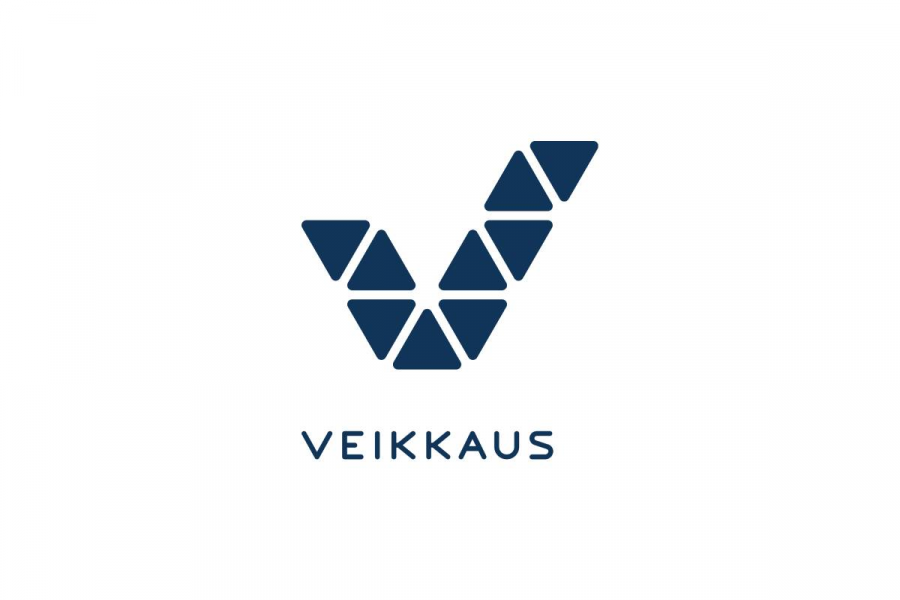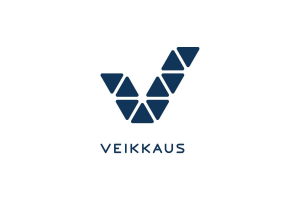Veikkaus sees gross gambling revenue fall by 21 per cent in H1

The state-run gambling operator saw profit fall as it invests in preparation for regulated competition.
Finland.- The state-controlled gambling monopoly operator Veikkaus has reported a sharp drop in revenue and profit for the first half of 2024. Sales were down by 6.8 per cent to €483.8m and gross gaming revenue (GGR) was down by 21 per cent. Operating profit fell by 20.4 per cent to €246.9m, and overall profit by 19.1 per cent to €252.3m.
Veikkaus said revenue was impacted by the introduction of mandatory ID verification for ticket-based game sales last year and a similar requirement for scratchcard purchases this year. It added that investment in its future amid plans to open Finland’s gambling market to competition from 2027 impacted on profit.
The operator’s profit was also affected by the end of a temporary reduction in lottery tax from 12 to 5 per cent. Its lottery tax payments for H1 totalled €57.6m compared to the €31.7m in the same six months last year.
Parent group Veikkaus Oy reported H1 profit of €255.6m, down 18.8 per cent year-on-year. Its contributions to the state totalled €313.2m, down 8.1 per cent. The B2B subsidiary Fennica Gaming saw positive results, but it remains small.
Commenting on the results announcement, Regina Sippel, Veikkaus’ chief financial officer, said: “The upcoming overhaul of the gambling system is a great chance for Veikkaus, and we will continue to invest in business development, and offering the best customer experience.”
Finland’s gambling reforms
Finland’s government plans to end Veikkaus’s monopoly over gambling in 2026, with a regulated licensing system to go live in 2027. The plan is to split Veikkaus’s lottery business from its gaming and sports betting businesses. These will initially form part of the same group, but it’s also been suggested that the government could sell part of the business.
However, the industry has questioned whether the plans will have a positive effect on channelisation rates if the government intends to heavily restrict marketing. Draft regulations propose a ban on bonuses, affiliates and influencer marketing. Some suggest that Veikkaus may still have a competitive advantage and that continued government ownership would represent a conflict of interest.
Meanwhile, the Institute of Health and Welfare (THL) has raised concerns about the plans to end Veikkaus’s monopoly over gambling in Finland. The research agency has warned that the proposed competitive licensing framework “does not guarantee better protections” for consumers and puts industry revenues above public health interests.
The THL acknowledged the deficiencies in the current situation, which sees unlicensed operators control around half of online gambling in Finland. However, it said that a proposal to remove Veikkaus from online gambling could increase problem gambling rates.









